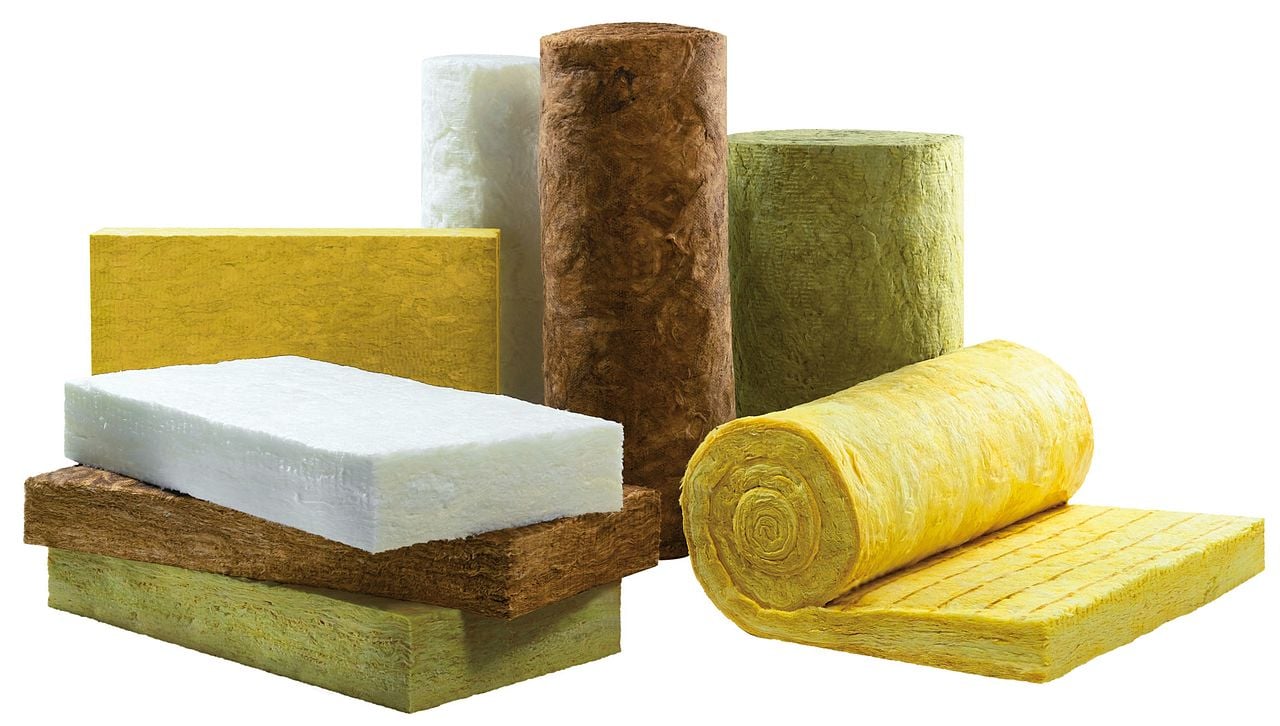Introduction
Building thermal insulation has emerged as a crucial component in the quest for energy efficiency and sustainable construction practices. With the rising awareness of climate change and the need to reduce energy consumption, the global building thermal insulation market is witnessing significant growth. In this blog, we delve into the world of building thermal insulation and explore how this market is revolutionizing the construction industry.
The Need for Energy Efficiency
As the world grapples with the challenges of climate change and depleting energy resources, the construction sector has a pivotal role to play in mitigating these issues. Buildings are responsible for a substantial portion of global energy consumption, prioritizing energy efficiency. Building thermal insulation acts as a barrier, preventing the transfer of heat between the interior and exterior environments. By reducing heat loss in winter and heat gain in summer, insulation enhances energy efficiency and reduces the reliance on heating, ventilation, and air conditioning (HVAC) systems.
Market Growth and Trends
According to a recent report by Polaris Market Research, the global building thermal insulation market is experiencing robust growth, driven by several factors. The market was valued at USD 32.70 billion in 2023 and is expected to grow at a CAGR of 4.6%, generating a revenue of USD 49.01 billion by 2032.
Rapid urbanization, stringent building codes and regulations, and increasing awareness of energy conservation are propelling market expansion. Moreover, the growing demand for green buildings and sustainable construction practices is further fueling the adoption of thermal insulation solutions. As a result, market players are investing in research and development to introduce innovative and eco-friendly insulation materials.
Diverse Insulation Materials
The building thermal insulation market offers a wide range of materials, each with its unique properties and applications. Due to their effectiveness and affordability, traditional insulation materials such as fiberglass, mineral wool, and foam boards continue to dominate the market. However, innovative materials like aerogels and vacuum insulation panels are gaining traction due to their exceptional thermal performance and reduced thickness. Additionally, natural and eco-friendly materials like cellulose, hemp, and recycled denim are witnessing increased demand, aligning with the sustainability goals of the construction industry.
Energy Savings and Environmental Benefits
The implementation of building thermal insulation brings forth numerous benefits, both for building owners and the environment.
- Reduces heat transfer
- Minimizing insulation for heating and cooling systems
- Significant energy savings.
This not only reduces utility bills for occupants but also decreases greenhouse gas emissions associated with energy production. Additionally, thermal insulation enhances indoor comfort by maintaining stable temperatures and reducing noise transmission, leading to improved occupant well-being and productivity.
Regional Market Dynamics
The building thermal insulation market exhibits regional variations influenced by climate, construction practices, and government regulations. Developed regions such as North America and Europe have well-established markets due to stringent energy efficiency standards and a focus on sustainable construction. Meanwhile, emerging economies in the Asia Pacific and Latin America are experiencing rapid growth driven by urbanization and rising disposable incomes. These regions are witnessing increased adoption of insulation materials to address energy consumption concerns and improve the quality of construction.
Innovation and Future Prospects
The building thermal insulation market continues to evolve as manufacturers and researchers explore new materials and technologies. Innovations such as phase change materials, smart insulation systems, and bio-based insulation products are gaining prominence, offering enhanced thermal performance and environmental benefits. Furthermore, the integration of insulation with building automation systems and the Internet of Things (IoT) is expected to revolutionize energy management in buildings, optimizing energy efficiency and sustainability.
Conclusion
Building thermal insulation is vital in the global pursuit of energy efficiency and sustainable construction practices. With its ability to reduce energy consumption, enhance indoor comfort, and lower environmental impact, thermal insulation is a game-changer in the construction industry. As the market continues to grow and innovate, we can expect more advanced and eco-friendly insulation solutions that will shape the buildings of the future, creating a greener and more sustainable

